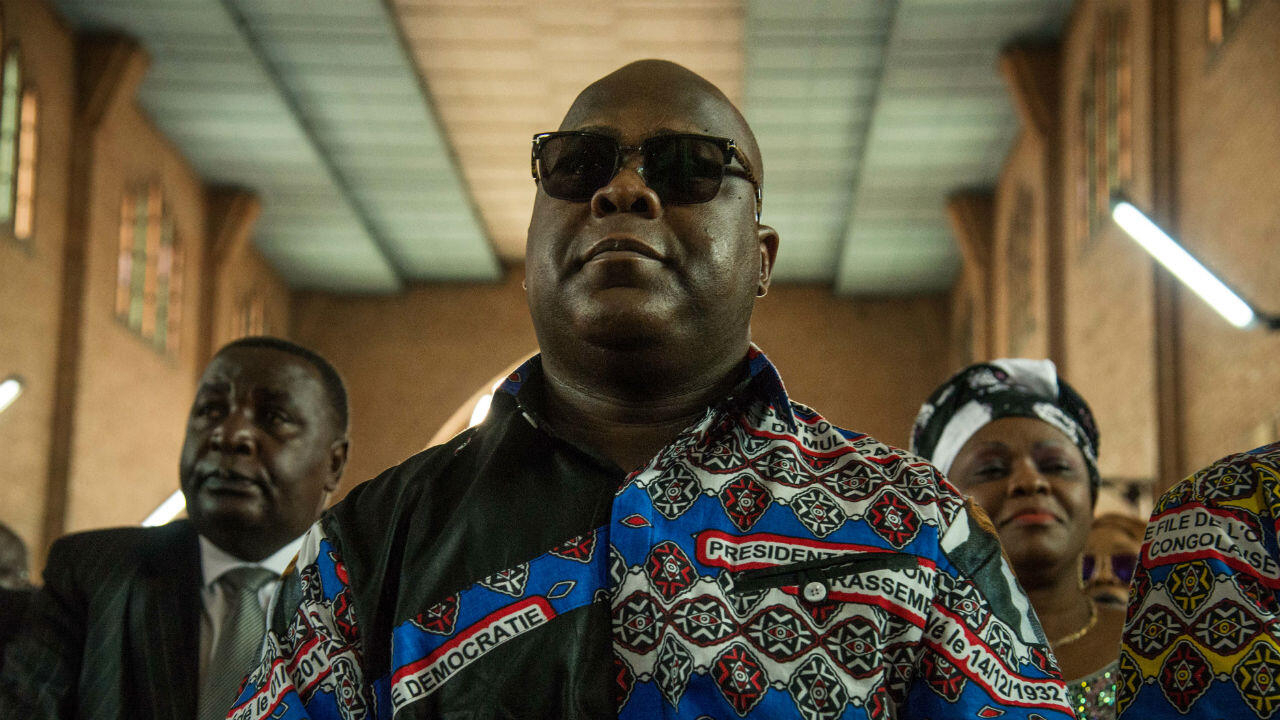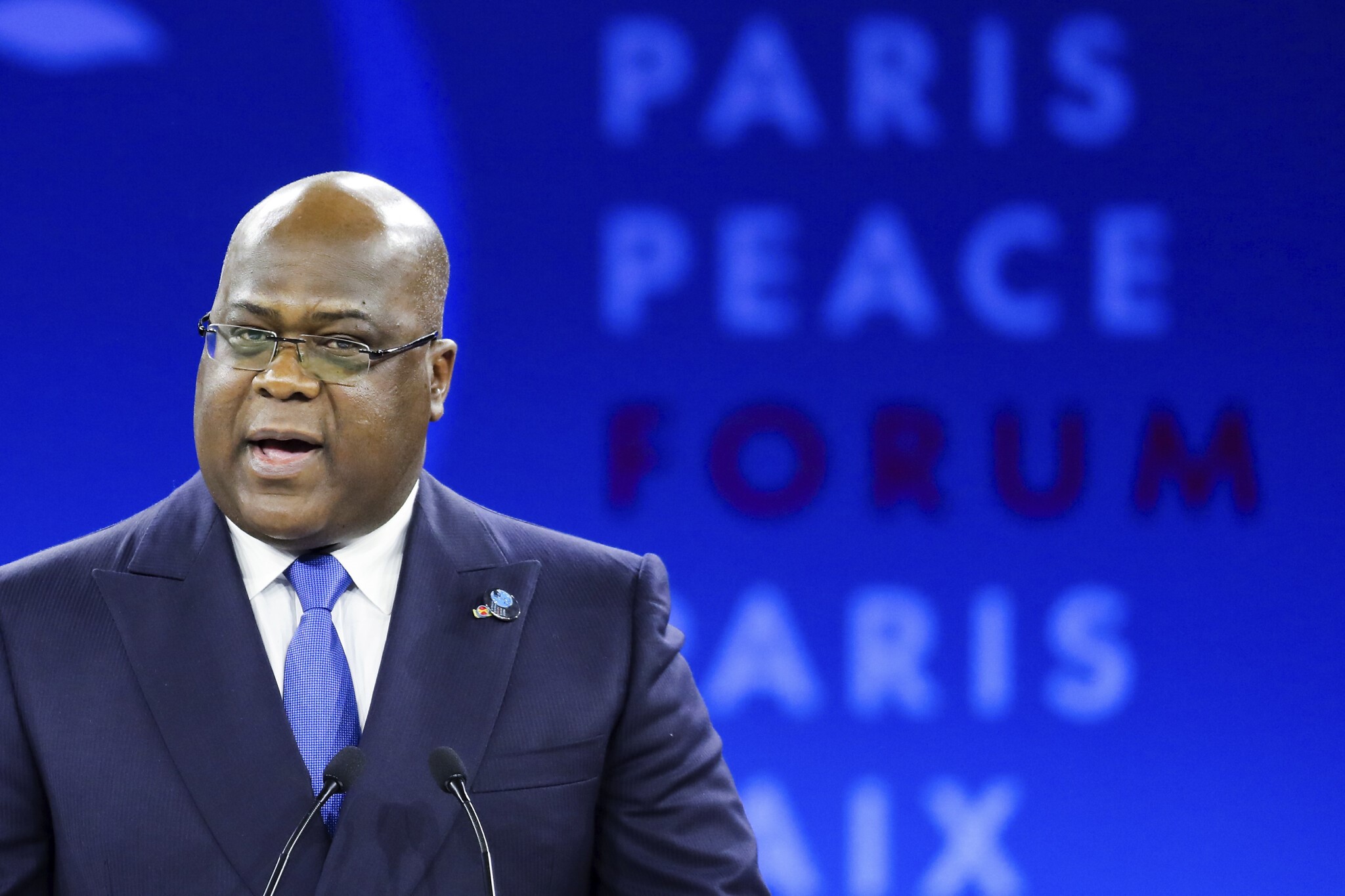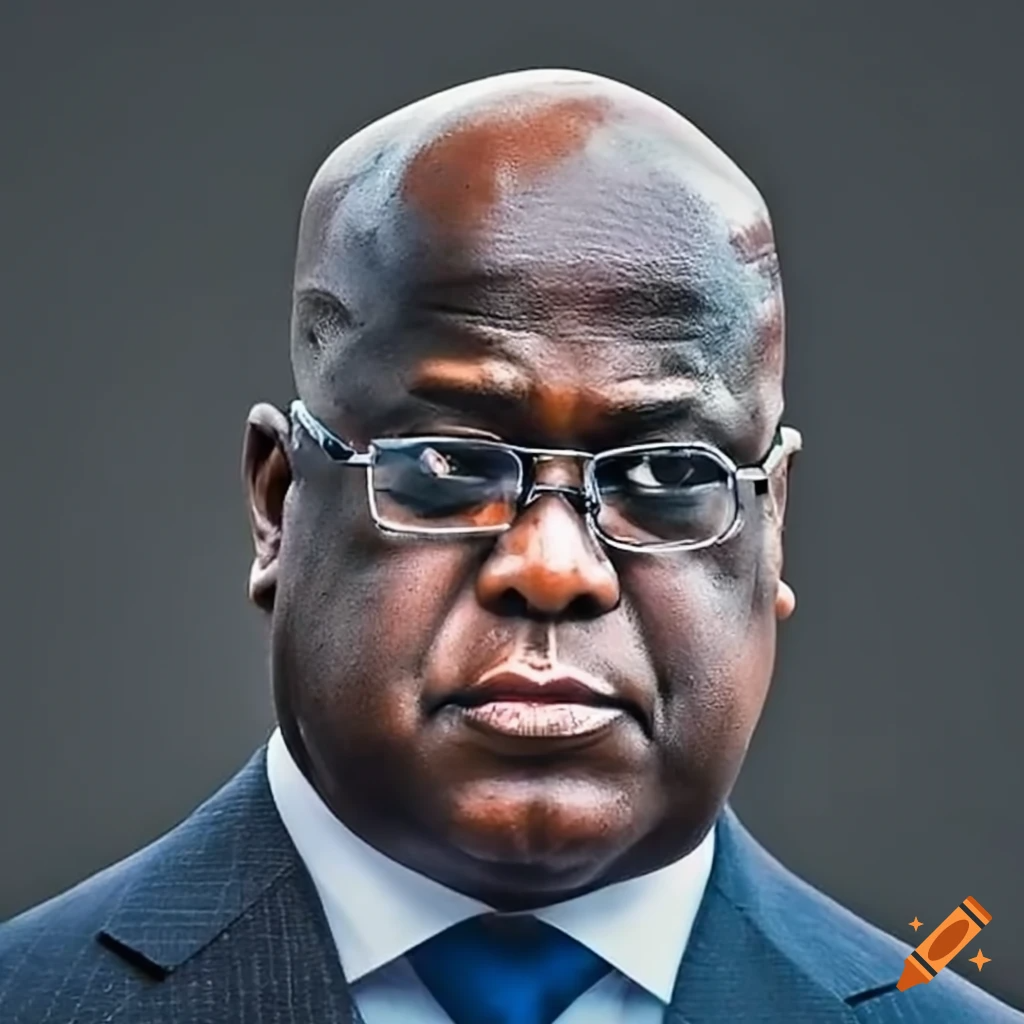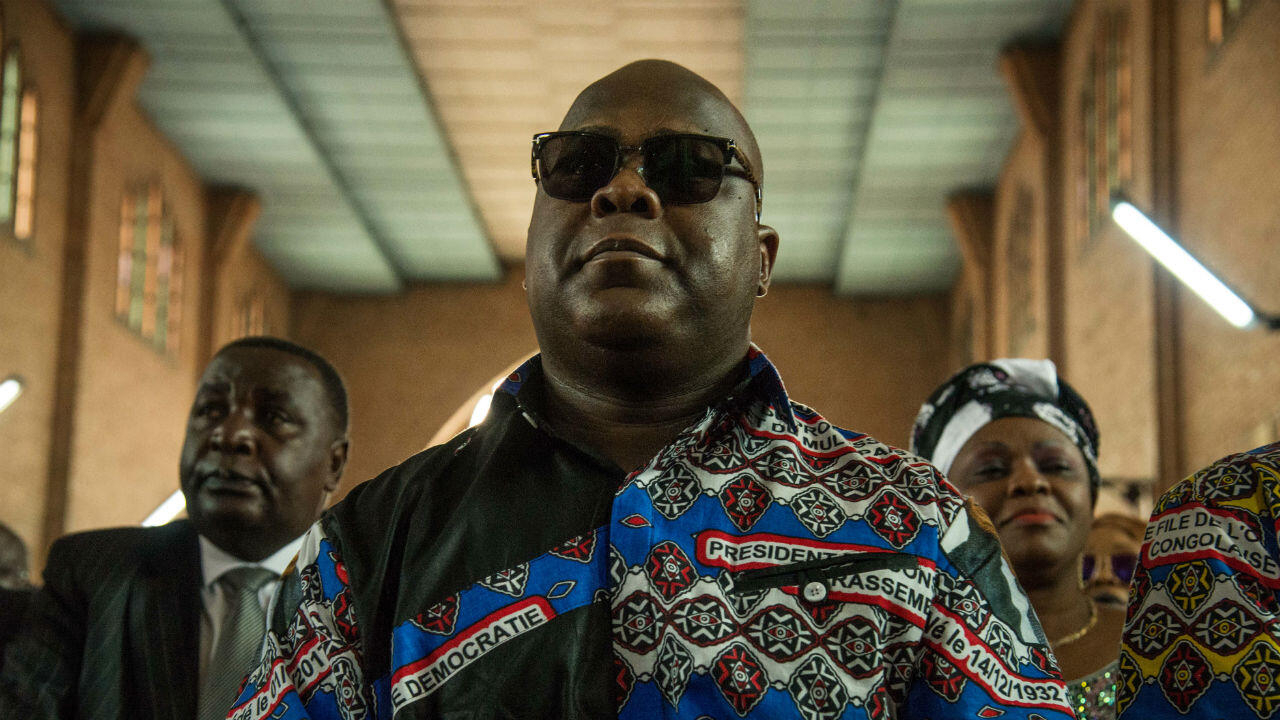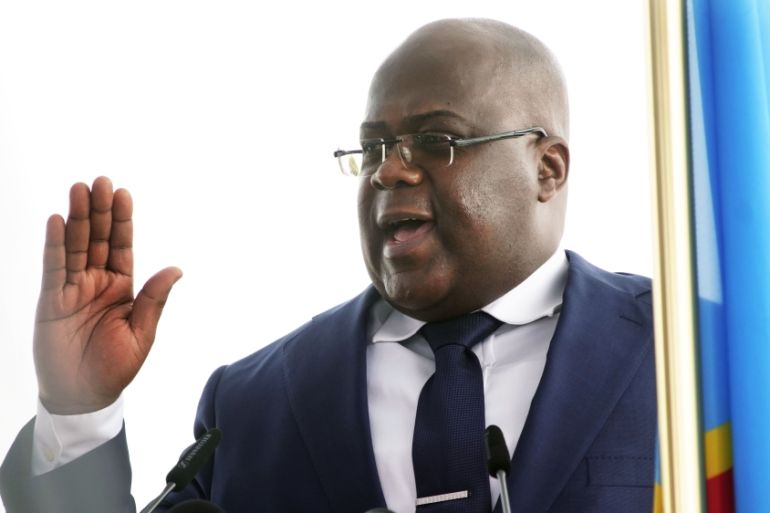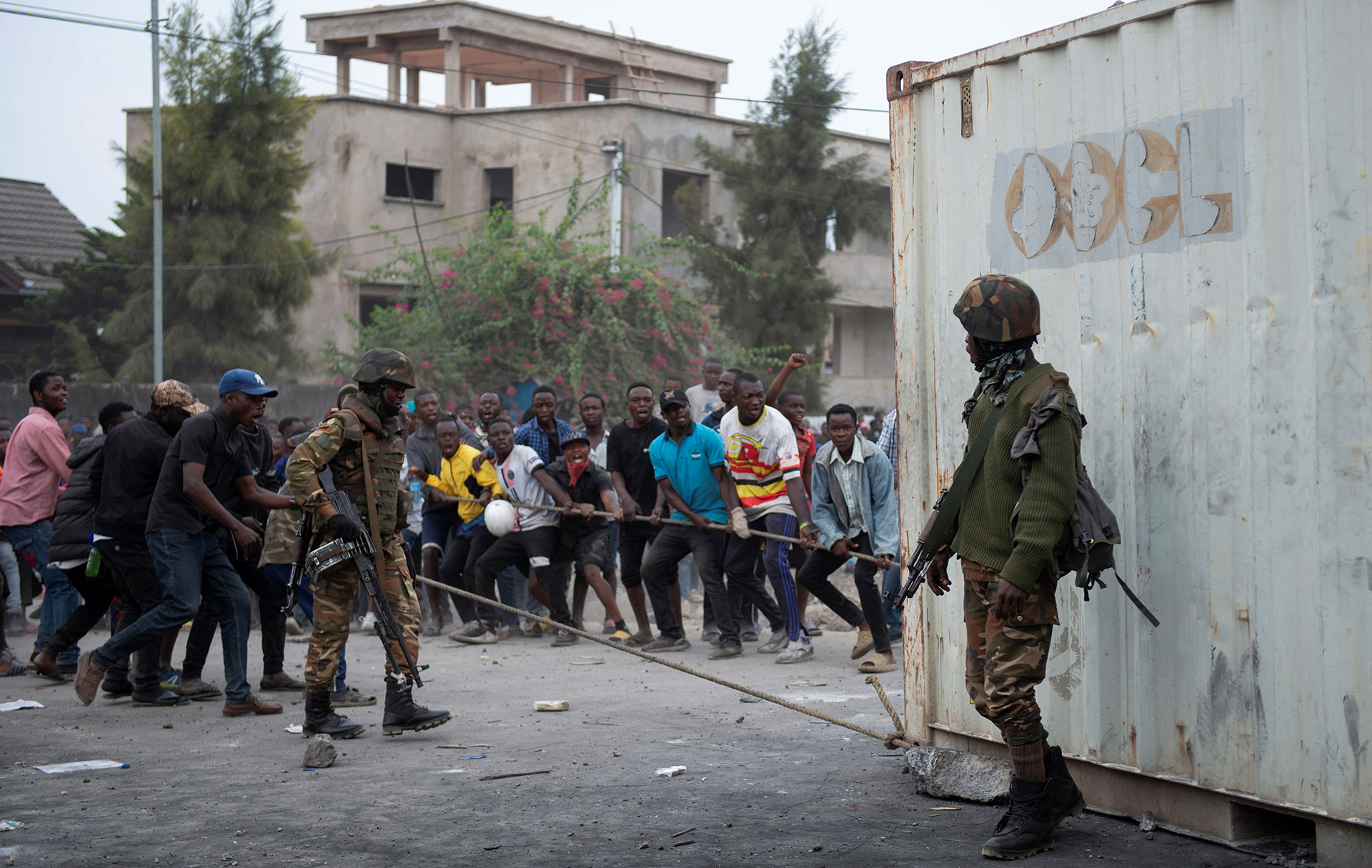Regional
DRC's Tshisekedi caught between rhetoric and reality
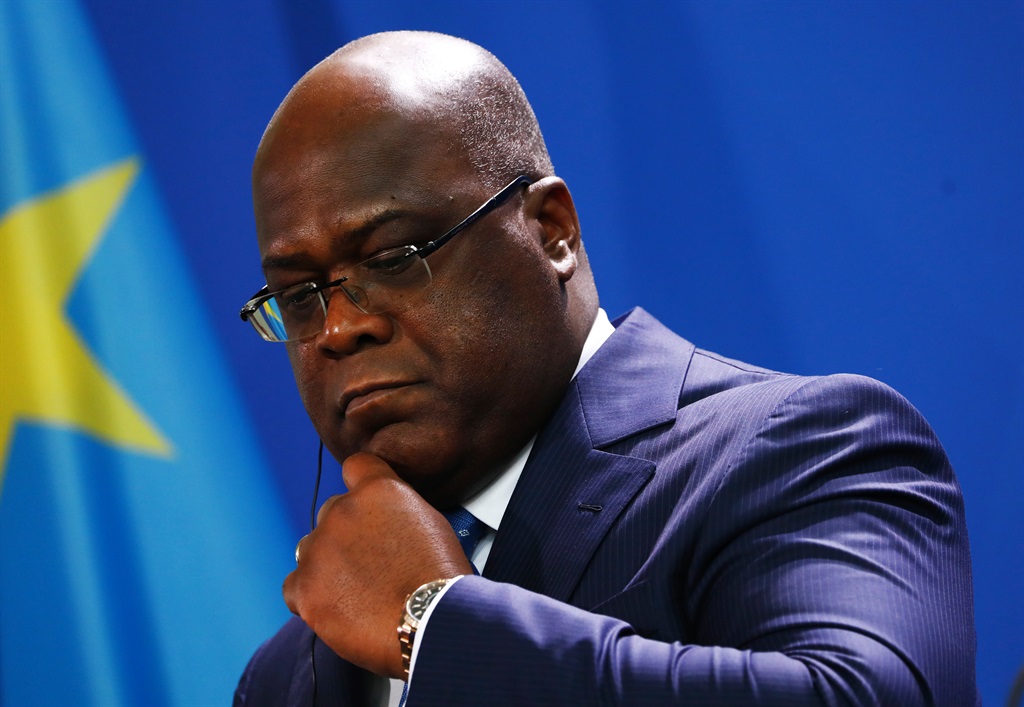
On
January 29, 2019, Félix Tshisekedi assumed the presidency of the Democratic
Republic of Congo (DRC) with ambitious plans for governance, the economy, and
security.
As
he approaches the end of his term, however, the stark contrast between promises
and reality has become increasingly evident.
From
a deteriorating security situation to unfulfilled socio-economic pledges and
allegations of corruption, significant worsening of the nation’s future
stability and prosperity has marked Tshisekedi’s presidency.
Despite
Tshisekedi's ‘commitment’ to restoring state authority and combating armed
groups, the security situation in the DRC has worsened during his tenure. The
number of armed groups increased from 140 to over 250, raising concerns about
stability.
Rather
than achieving security through conventional means, the president engaged
negative armed groups to counter the advance of M23 rebels.
Conflicts
between communities persisted, leading to a state of siege in North Kivu and
South Kivu Provinces in May 2021, with little progress made in securing the
regions. In contrast, corruption was promoted in those two provinces.
Tshisekedi
pledged to fight impunity. However, regarding the massacres targeting the Tutsi
community, there was no legal action against the murderers of Tutsi Congolese
killed following the hate speeches made by members of his Government.
This
lack of progress reflects a concerning situation regarding human rights
violations, further emphasizing the gap between his rhetoric promises and real action.
Corruption
remains deeply entrenched in the DRC, intertwining with issues of governance.
Allegations of mismanagement persist at the central government level, raising
suspicions about leaders.
Despite
promises to combat tribalism, the president's appointments appear to favour his
linguistic community, undermining the goal of fostering inclusivity and
national unity.
Tshisekedi's
vision of transforming the DRC into the "Germany of Africa" remains
elusive.
Promises
of achieving food self-sufficiency and feeding the people have not
materialized. Internal displacement and hunger persist, underscoring the stark
contrast between the president's pledges and the harsh reality faced by the
nation. Access to basic necessities such as clean drinking water and
electricity remain a significant challenge nationwide.
According
to the UN refugee agency, the number of internally displaced persons (IDPs) was
at more than six million people, by October 2023. Tshisekedi's presidency in
the DRC has been marked by a significant gap between rhetoric and action.
From the escalating security challenges to unfulfilled socio-economic promises and allegations of corruption, the nation faces numerous obstacles.



